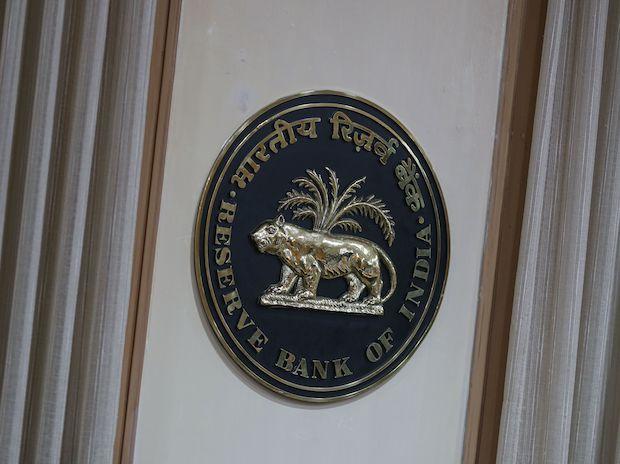[ad_1]
The Reserve Bank of India (RBI) said on Wednesday that it proposed to permit lending and borrowing of government securities, a move that will augment the existing market for special repo transactions.
“The system is expected to facilitate wider participation in the securities lending market by providing investors an avenue to deploy idle securities and enhance portfolio returns. Draft directions will be issued separately for stakeholder comments,” the RBI said in its statement on regulatory and development policies on Wednesday.
In a press briefing after the announcement of the monetary policy statement, RBI Deputy Governor T Rabi Sankar said the move was linked with lending and borrowing of government bonds by insurance companies. Given that insurers are large holders of government bonds, the step will add liquidity, efficiency and price discovery, he said.
At present, life insurance companies are among the largest holders of government securities, which are considered to be risk-free assets.
Market participants said following the RBI’s announcement on Wednesday, further formalisation will be required by Sebi and the IRDA.
“According to IRDA and other institutions, insurers can’t enter into a repo transaction but they can enter into a lending and borrowing transaction. Repo transactions are not allowed because it becomes a leverage on the asset but lending and borrowing can now be done,” Naveen Singh, head of trading at ICICI Securities Primary Dealership, said.
“Essentially what it means is that at the time of price discovery, there are enough opportunities. If somebody wants to sell, there can be a fair price discovery. Insurance companies are sitting on a huge amount of securities. If they were not lending, price discovery will be difficult,” he said.
According to traders, the bond market had, for quite some time, requested certain steps to increase participation in security lending. Requests had been made following sporadic instances of significant market volatility caused by scarcity of securities in the existing repo market. The repo market is hosted on the Clearing Corporation of India’s Clearcorp Repo Order Matching System.
“It was a long-standing demand from the market. If there’s an asset where buyers have an additional advantage and sellers are disadvantaged, then the price of that asset will not be a fair one,” a trader said on condition of anonymity.
The lack of sufficient bonds in the repo market had resulted in what traders referred to as a “short-squeeze”, compelling traders who had taken short positions to square off those bets in the secondary market at a significant price variation.
On several occasions, those looking to buy bonds in the repo market had to accept rates as low as zero per cent, reflecting the desperation to purchase securities.
“This will also imply that dependency on banks to provide g-sec in repo for shorting stock will reduce,” Madhavi Arora, lead economist at Emkay Global Financial Services, said.
While the RBI’s step will improve price discovery of sovereign bonds, which are the benchmarks for pricing other credit products in the economy, it is unlikely to improve demand-supply dynamics in the bond market, traders said.
The RBI’s move could, however, provide a small boost to insurance companies by giving them an avenue for fees. “Once framework is in place, this move could allow some fees to be earned by life insurers by becoming lenders of G-sec. However, given the supply demand dynamics, it could be a very marginal number and not a material driver of earnings for life insurers,” Arora said.
[ad_2]
Source link



